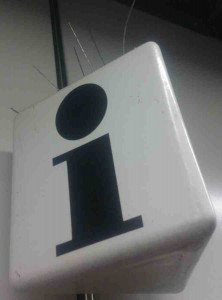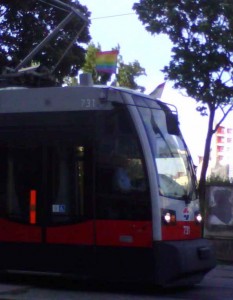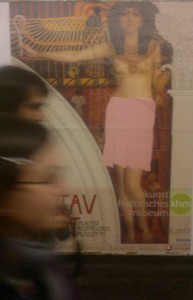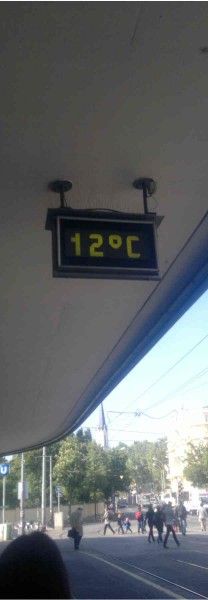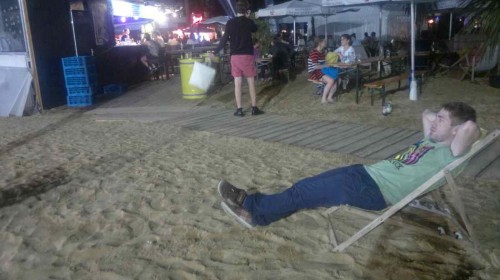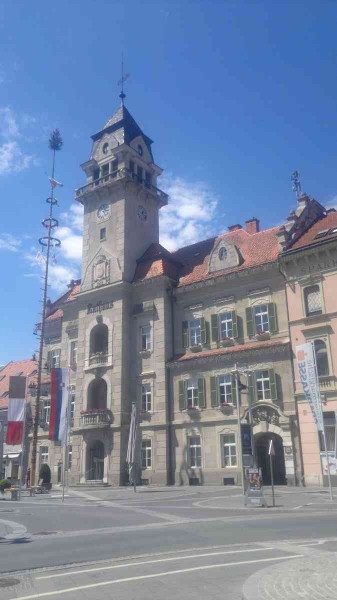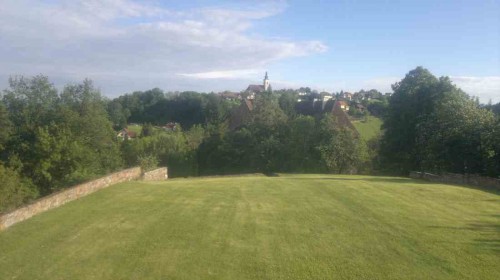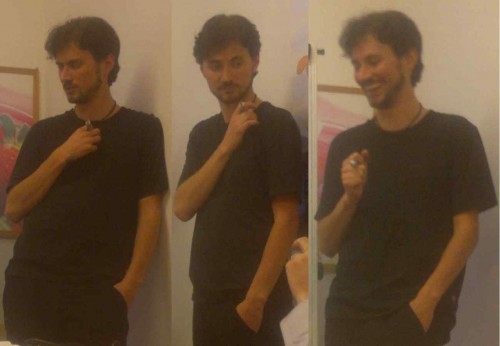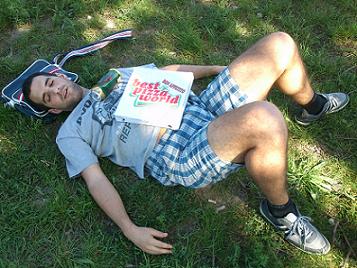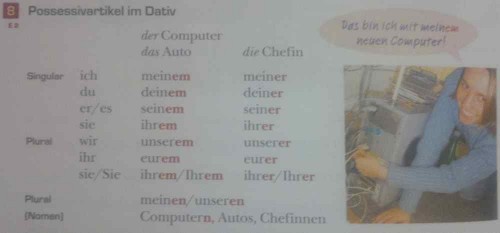Wien … Wenn man 5 Top-Städten, in denen Musik und andere Kunstformen mischen und aufblühen nennen will, ich denke, Wien ist in der Liste. Die geschichte und Entwicklung erlaubt ihr nicht woanders hinzugehen.
Heute möchte ich über ein Festival in Wien sprechen. Vielleicht hattet ihr den großen roten weißen „W“ in der ganzen Stadt sehen. Sie sind für „Wiener Fest wochen“, die am 11. Mai begonnen hat und endet am 17. Juni. Diese Veranstaltung umfasst Musik, Oper, Performance und viele andere Formen der Kunst. Von La Traviata auf die Bühne bringen bis Workshops für Schulkinder gehen. Wenn dies nicht genug interessant ist , addiert zu ihnen eine Radiomobil und Kinokollektive drehen mit Bewohnern Kurzfilme.
Nützt die Chance jetzt: leben in Wien

